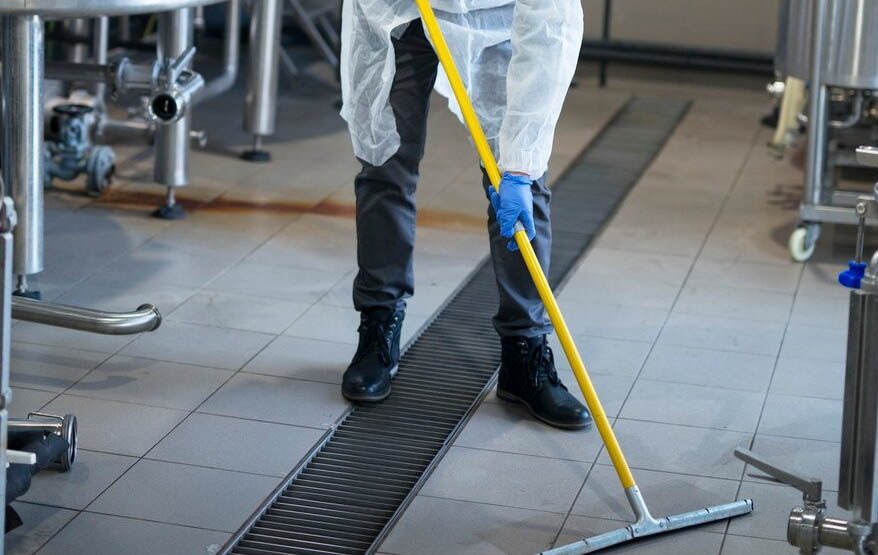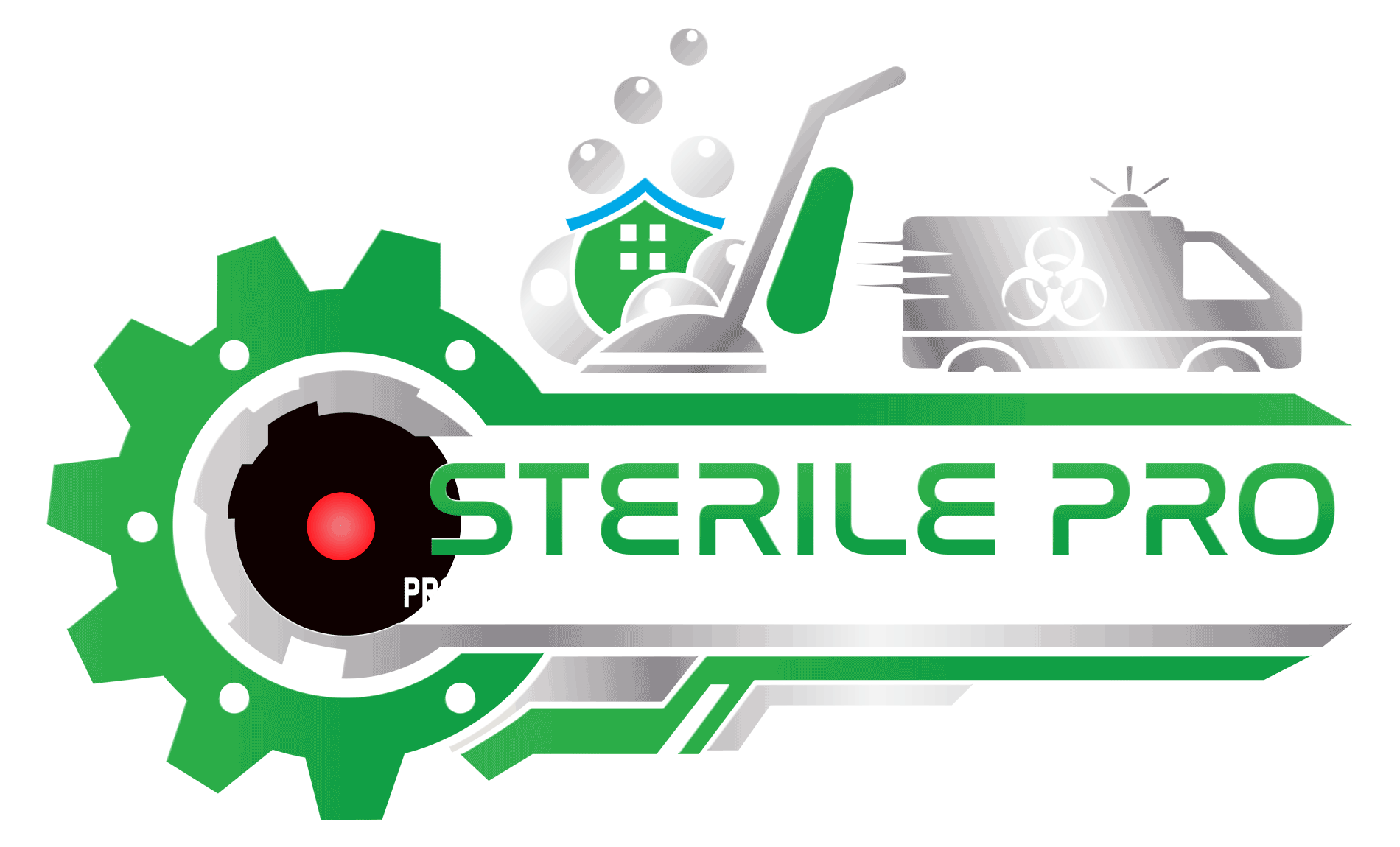Guide to Launching a Sanitation Franchise Business

Starting a sanitation franchise business can be a promising venture in today’s market, driven by increasing awareness of hygiene standards and the demand for professional cleaning services. Whether you’re an entrepreneur looking to invest in a growing sector or someone with a passion for cleanliness and service excellence, venturing into the sanitation franchise industry offers numerous opportunities for growth and success.
The sanitation industry encompasses a wide range of services, from commercial cleaning to specialized disinfection solutions. With heightened concerns about health and cleanliness, businesses and individuals alike are seeking reliable sanitation services they can trust. This demand is not only steady but often escalates during health crises or seasonal outbreaks, making sanitation franchises resilient in the face of economic fluctuations.
Opting for a franchise model in the sanitation sector provides several advantages. Franchises offer a proven business model and operational support from the franchisor, which can significantly reduce the learning curve and operational risks associated with starting a new business. Established sanitation franchise brands often benefit from recognized reputations and established customer bases, helping franchisees to attract clients more easily than independent startups.
Before diving into the sanitation franchise business, aspiring entrepreneurs should consider several factors. Understanding the specific market needs and competition in your target area is crucial for strategic planning. Additionally, evaluating the franchisor’s support system, training programs, and initial investment requirements can help ensure alignment with your business goals and resources.
Successful sanitation franchises focus not only on delivering exceptional cleaning and disinfection services but also on building strong customer relationships. Providing comprehensive training to staff on industry best practices and using eco-friendly products can enhance service quality and appeal to environmentally conscious consumers.
Starting a sanitation franchise business offers a pathway to entrepreneurship with robust market demand and growth potential. By leveraging the support and expertise of a reputable franchisor, aspiring business owners can navigate the competitive landscape more effectively and build a thriving enterprise in the sanitation industry. Whether targeting commercial facilities, residential clients, or specialized sectors like healthcare, investing in a sanitation franchise can be a rewarding venture with the right preparation and commitment to excellence.
Understanding the Franchise Model in Sanitation Business
Franchising has become a popular avenue for aspiring entrepreneurs due to its structured approach and established brand recognition. In the sanitation industry, franchising offers a clear advantage by providing access to a proven business model, operational support, and brand reputation. Franchisees benefit from the franchisor’s experience in navigating the complexities of the sanitation sector, including regulatory compliance, industry standards, and customer expectations. This section explores how the franchise model works specifically within the sanitation business and why it is a preferred choice for many new business owners.
Benefits of Choosing a Sanitation Franchise
One of the primary reasons entrepreneurs opt for a sanitation franchise is the lower risk associated with an established brand. Franchisors provide comprehensive training programs that cover everything from operational procedures to marketing strategies, ensuring that franchisees are well-equipped to launch and sustain their businesses. Moreover, being part of a franchise network grants access to bulk purchasing discounts on cleaning supplies and equipment, reducing overhead costs and improving profitability. This section delves into the specific advantages that sanitation franchises offer over independent startups, highlighting the support systems and resources available to franchisees.
Market Analysis: Identifying Opportunities and Challenges
Before investing in a sanitation franchise, conducting a thorough market analysis is essential to identify potential opportunities and challenges. Understanding local demographics, economic trends, and competition can provide valuable insights into market demand and customer preferences. Additionally, assessing regulatory requirements and industry standards ensures compliance and operational readiness. This section examines the critical components of market analysis for sanitation franchises, offering guidance on how to gather and interpret data effectively.
Choosing the Right Sanitation Franchise Opportunity
With numerous sanitation franchise opportunities available, selecting the right fit requires careful consideration of several factors. Evaluating the franchisor’s reputation, track record, and support infrastructure is crucial for making an informed decision. Franchise disclosure documents (FDDs) provide valuable information about initial investment costs, ongoing fees, and territory rights, helping potential franchisees evaluate the financial viability of each opportunity. This section guides readers through the process of evaluating sanitation franchise options, emphasizing the importance of due diligence and aligning franchise opportunities with personal and professional goals.
Financial Planning for Your Sanitation Franchise Business
Launching a sanitation franchise business involves significant financial planning to cover initial investments, operational expenses, and working capital. Franchisees must develop a detailed financial plan that outlines startup costs, ongoing expenses, and revenue projections. Securing financing through loans, grants, or personal investments may be necessary to fund the franchise purchase and initial setup. This section provides practical tips and strategies for financial planning specific to sanitation franchises, including budgeting techniques, forecasting methods, and financial management best practices.
Operational Excellence: Delivering High-Quality Sanitation Services
The success of a sanitation franchise hinges on delivering consistently high-quality services that meet or exceed customer expectations. Implementing standardized operational procedures and rigorous quality control measures ensures service reliability and customer satisfaction. Training staff in the latest cleaning techniques, safety protocols, and customer service skills is essential for maintaining service excellence. This section explores best practices for achieving operational excellence in sanitation franchises, emphasizing the importance of continuous improvement, staff development, and responsiveness to customer feedback.
Marketing and Branding Strategies for Sanitation Franchises
Effective marketing and branding strategies are essential for attracting and retaining customers in the competitive sanitation industry. Franchisees benefit from leveraging the franchisor’s established brand identity and marketing collateral to build local brand awareness. Implementing targeted marketing campaigns, such as digital advertising, social media engagement, and community outreach initiatives, can help expand the customer base and generate leads. This section discusses proven marketing and branding strategies tailored to sanitation franchises, offering practical tips for promoting services, enhancing brand visibility, and differentiating from competitors.
Navigating Regulatory Compliance and Industry Standards
Compliance with regulatory requirements and industry standards is critical for operating a successful sanitation franchise business. Franchisees must stay informed about local, state, and federal regulations governing sanitation practices, health codes, and environmental policies. Maintaining adherence to industry standards, certifications, and licensing requirements not only ensures legal compliance but also enhances credibility and trust with clients. This section provides an overview of regulatory considerations for sanitation franchises, highlighting key areas of compliance and strategies for maintaining operational integrity.
Scaling and Expanding Your Sanitation Franchise
Once established, scaling and expanding a sanitation franchise allows franchisees to capitalize on growth opportunities and maximize profitability. Strategies for growth may include acquiring additional territories, diversifying service offerings, or targeting new market segments. Effective expansion requires careful planning, resource allocation, and strategic partnerships to support operational scalability and maintain service quality. This section explores practical approaches to scaling sanitation franchises, including expansion strategies, risk management techniques, and leveraging franchise networks for growth.
Conclusion
Starting a sanitation franchise business offers entrepreneurs a rewarding opportunity to enter a thriving industry with strong demand and growth potential. By choosing a reputable franchisor, conducting thorough market analysis, and implementing effective operational, marketing, and growth strategies, franchisees can build a successful and sustainable business. The structured support and established brand recognition provided by sanitation franchises mitigate risks associated with independent startups, making franchising an attractive option for aspiring business owners. With a commitment to delivering exceptional sanitation services and continuous improvement, franchisees can position themselves for long-term success in the competitive sanitation market.
“For more information please click on this link“



